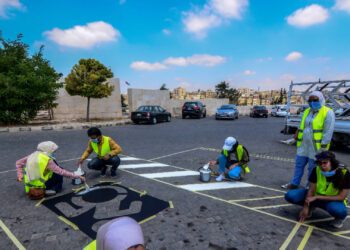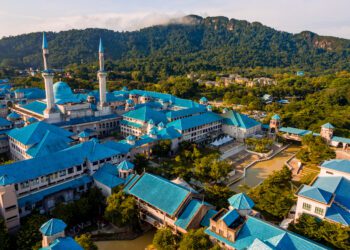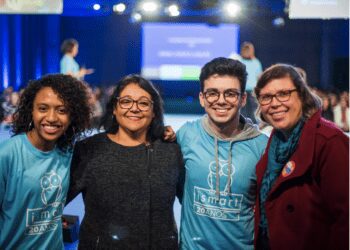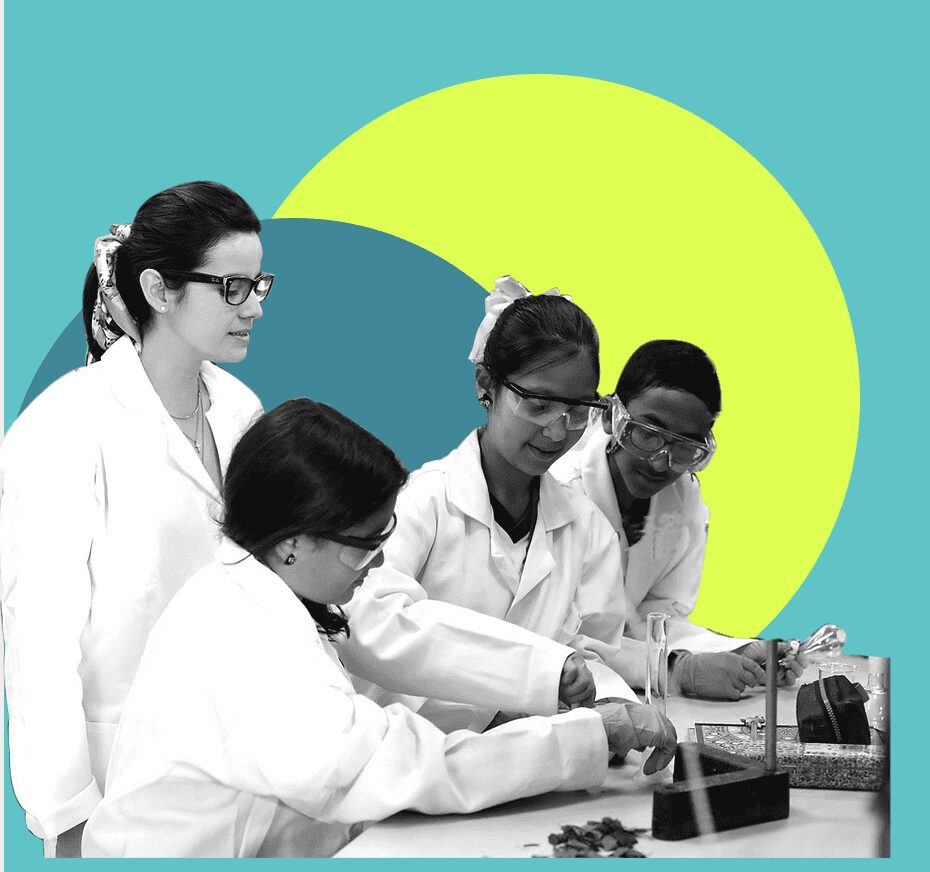
In 2014, a group of Mexican graduate students studying at Harvard University came together to create a network, leveraging their Harvard connections, to provide resources and a high-quality education to other Mexican students eager to learn. Originating as ‘Club de Ciencia’ (Science Club) in Mexico, this organization has grown from a regional to international effort, all thanks to the hard work of volunteers in the STEM field committed to using their privilege and expertise to bolster opportunities for underserved youth.
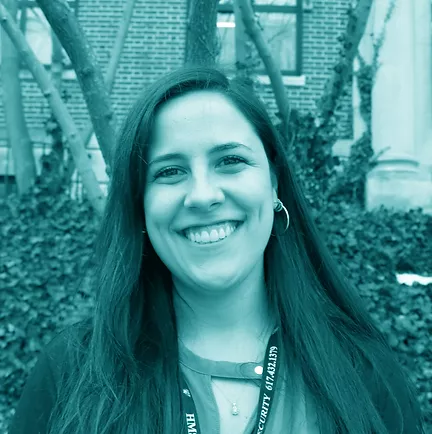
From the beginning, the mission of Science Clubs International (SCI) has been to provide fully funded STEM education to youth to spark social transformation through a network of graduate students and postdocs. Similarly to Aspire Institute, SCI has incredible educators and role models who donate their time to working with these incredible youth. Through these relationships, these young adults immerse themselves in a range of subjects — aimed at giving them an interdisciplinary understanding of the world.
“Our main goal was to empower these students to understand that science can be for them,” shared Bruna Paulsen, Co-Founder of Science Clubs International. “It’s there as a space for everybody.”
SCI aligns with Aspire Institute in many ways, especially the shared value of providing a fully funded program in order to find under-resourced yet talented youth and create an environment preparing them to achieve their full potential.
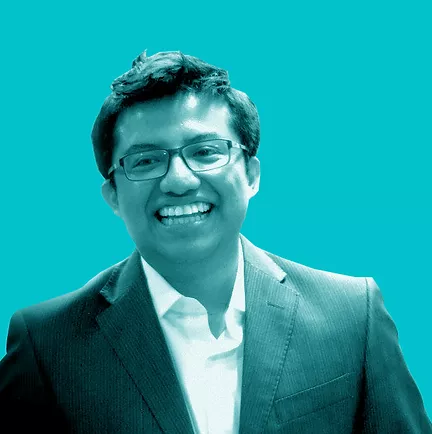
“That is where I feel we align most; building these communities and networks that leverage a diverse pool of resources so that any learner can take full advantage,” explained Rogelio Hernández-López, Co-Founder of Science Clubs International.
For Paulsen, increasing access means connecting students with a network that can support and sustain them, not just short-term or monetary resources.
“A very important component to our program is the access to faculty; professors from big places and known scientists,” she said. “When you put these impressive persons in front of the student, they see what they can be, what they can aspire to achieve.”
SCI works mainly with youth who have expressed interest in being scientists, but is created for all of those who value and are interested in a STEM education, regardless of the field they choose to pursue in the future. Both of our programs allow students to explore different routes and opportunities by networking with peers and world-class educators from a variety of fields, without pushing them in one direction or another.
Through their work, Bruna Paulsen and Rogelio Hernández-López have personally witnessed the power of learning, skill-sharing, and knowledge transfer between mentors and mentees. They noted multiple mentors that had volunteered who expressed gratitude for the experience. They really saw the impact that they could make on these young minds.
“Take advantage of networking,” Paulsen said to the next-generation of leaders. “Together, you can do much more than you could do by yourself.”
“And don’t be afraid to ask questions,” Hernández-López added. “There is always someone else listening and learning alongside you.”

